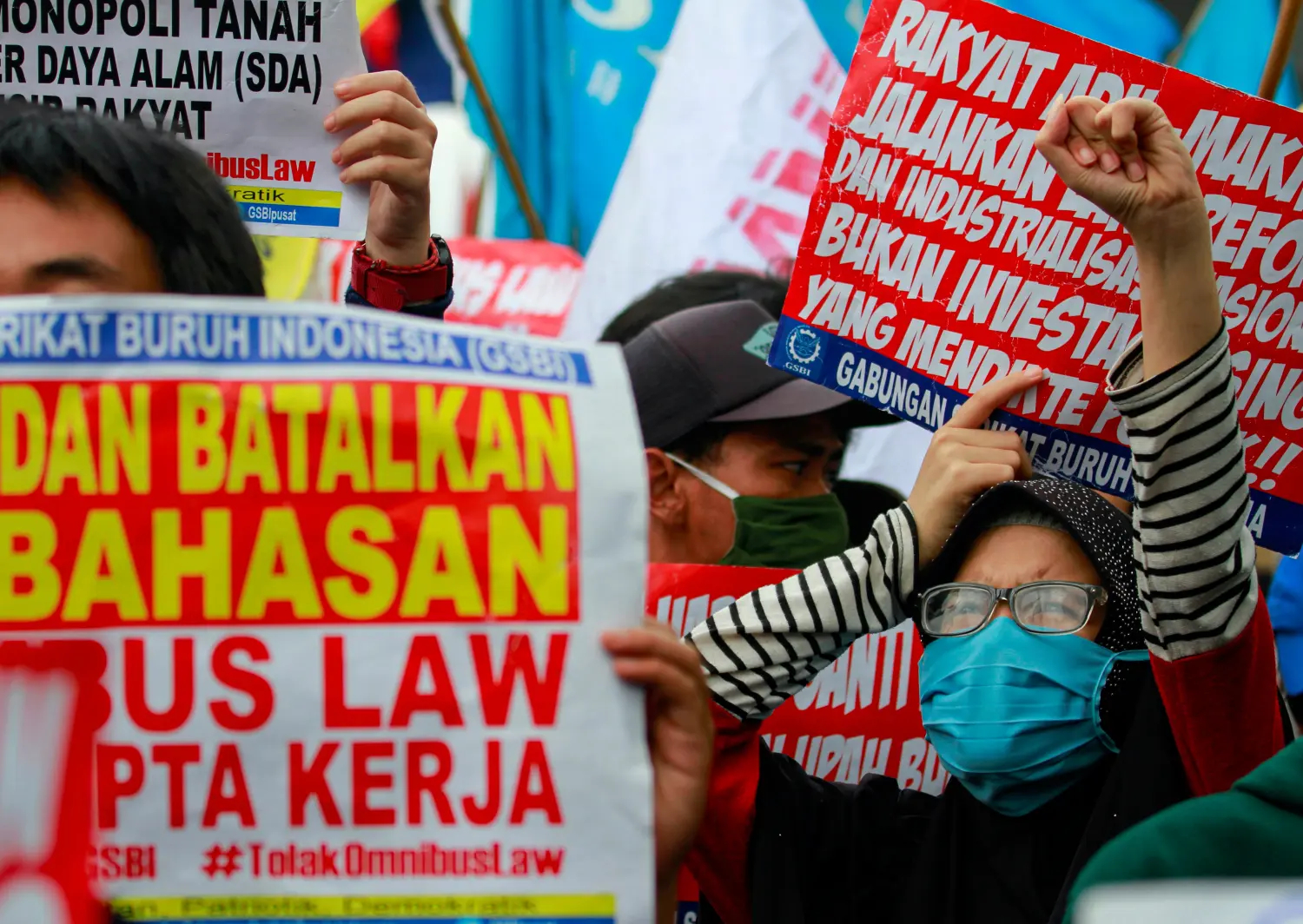EXECUTIVE SUMMARY
Even before COVID-19 hit, Indonesia and several of its Southeast Asian neighbors were facing a series of profound and protracted political, economic, and social problems. Analysts have posited a range of sweeping theories to explain these governance challenges, from a global democratic recession to the increasing appeal of China’s authoritarian model. However, Indonesia’s contemporary difficulties are better understood as the result of long-running internal tensions, which in some cases date back to the struggle for independence.
Rather than backsliding, Indonesia is a nation that is still in the making, 75 years after it declared independence from the Netherlands. Like its neighbors Malaysia, Myanmar, the Philippines, and Thailand, Indonesia is struggling to find definitive answers to existential questions such as who controls state power, how the economy is oriented, and who can be a citizen. Many of the governance challenges facing President Joko Widodo today stem from three unresolved historical tensions: between democracy and authoritarianism, between Islamic majoritarianism and pluralism, and between economic nationalism and the need for foreign capital.
The COVID-19 crisis has highlighted weaknesses in Widodo’s leadership, as the country faces a rising death toll and the government’s response has been muddled. In the midst of the pandemic, the deeper conflicts over the political system, the role of Islam, and the orientation of the economy have persisted, exacerbating the situation. Until Indonesia can find stable answers to these foundational questions, it will struggle to realize the high expectations that many Indonesians and outsiders have for Southeast Asia’s largest nation.
As the United States, Australia, and other Western governments look to deepen their engagement with Southeast Asian nations, it is more important than ever that they grasp the drivers of their domestic politics, which typically steer their foreign policy. Rather than framing their partnerships through the lens of competition with China, Western governments need to work with Indonesia and its neighbors on their own terms. To do so successfully, they need to develop a much better understanding of the long-running (and ongoing) challenges of nation-building in Indonesia and the wider region.




